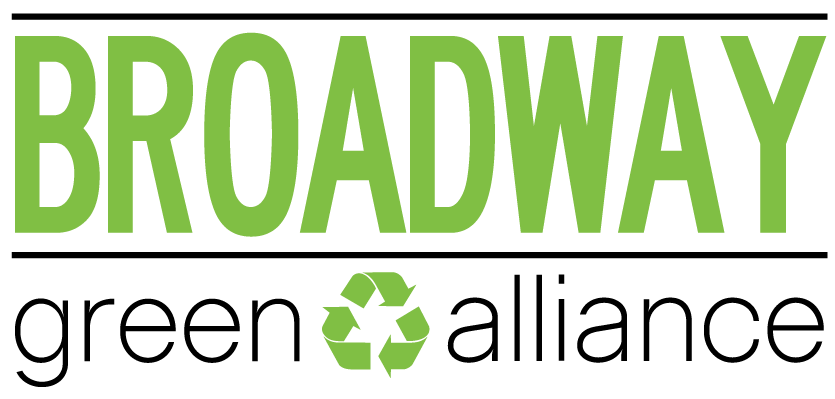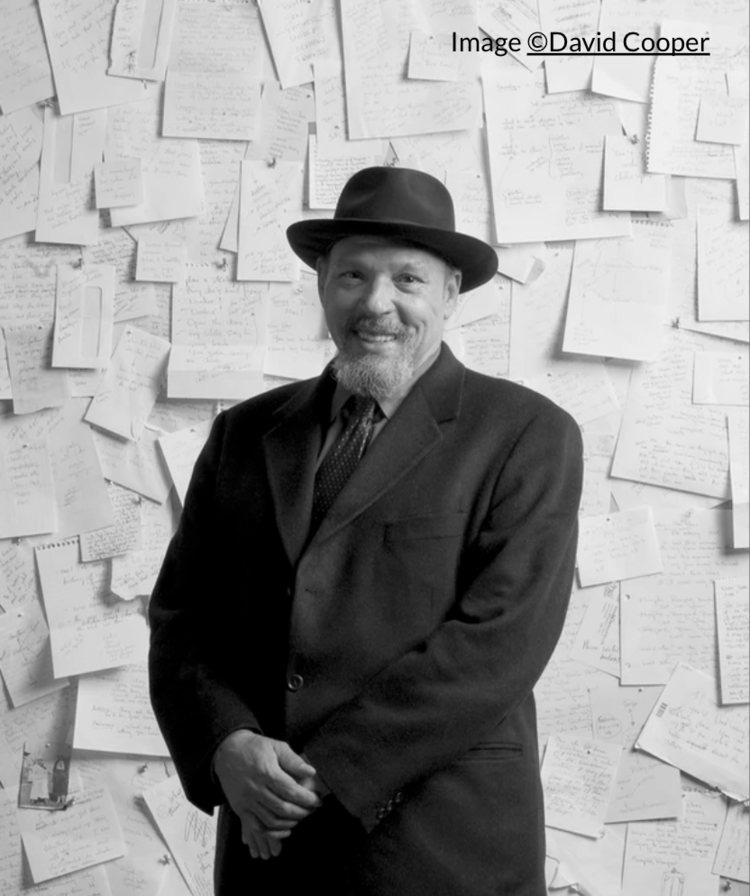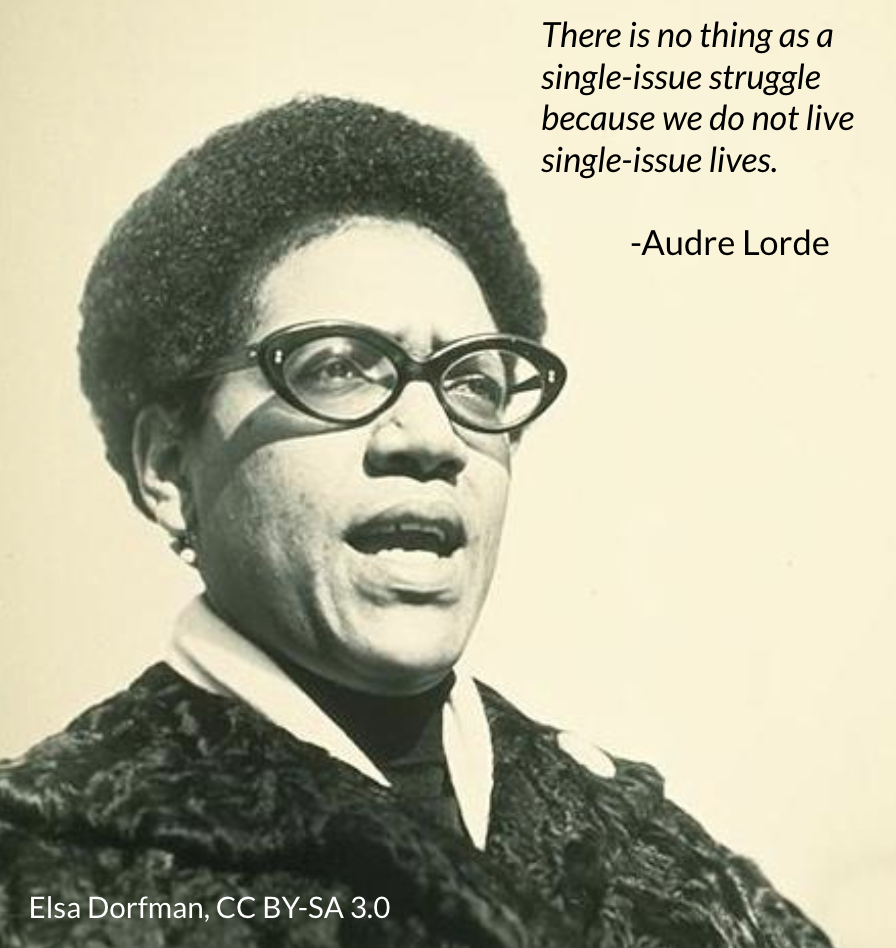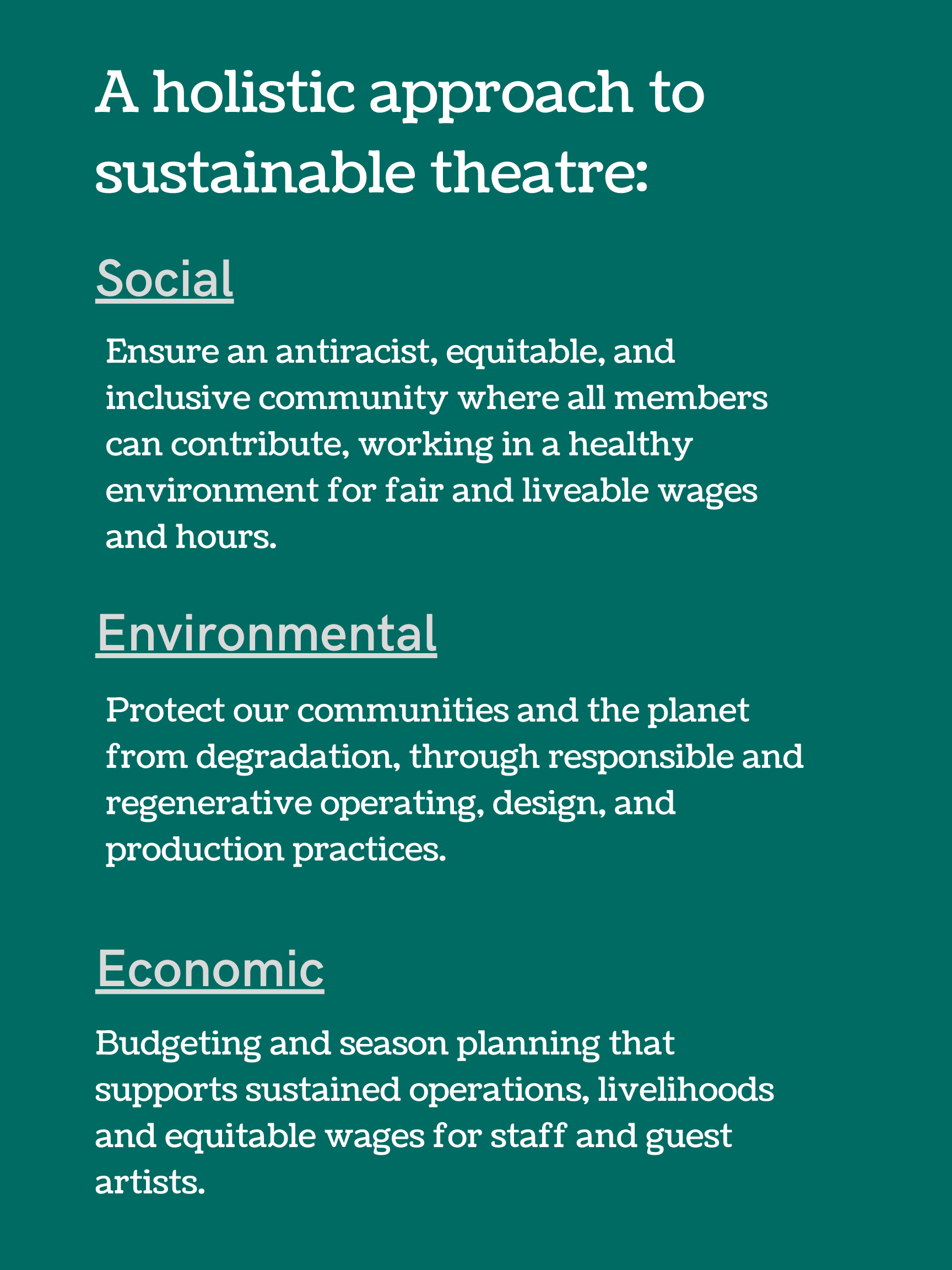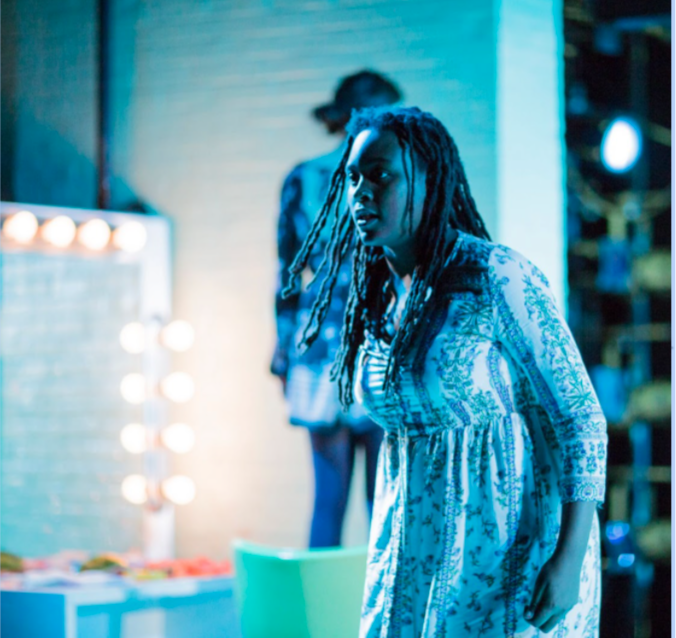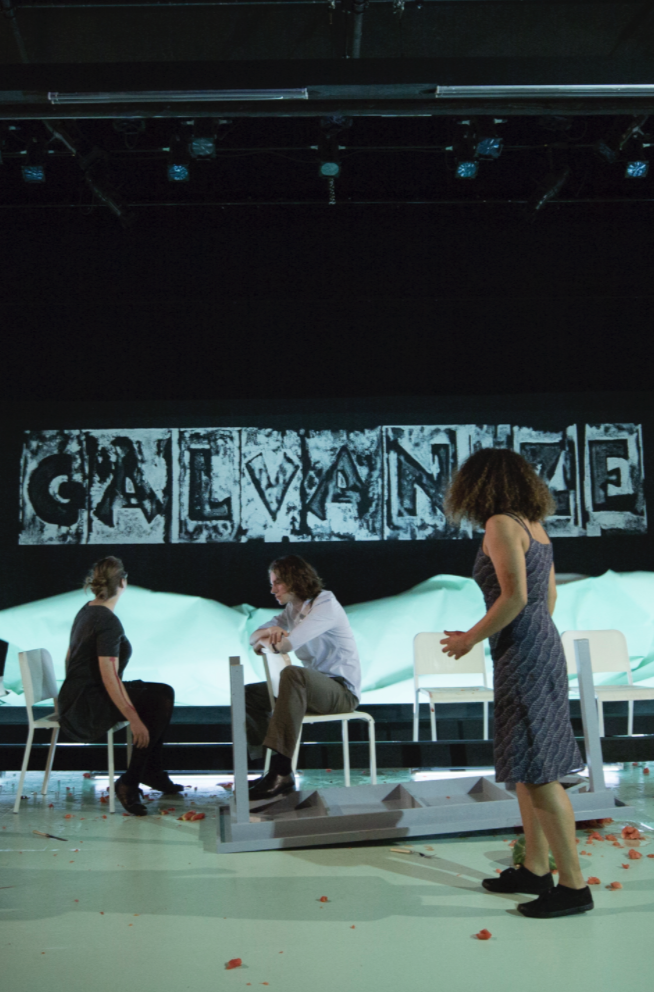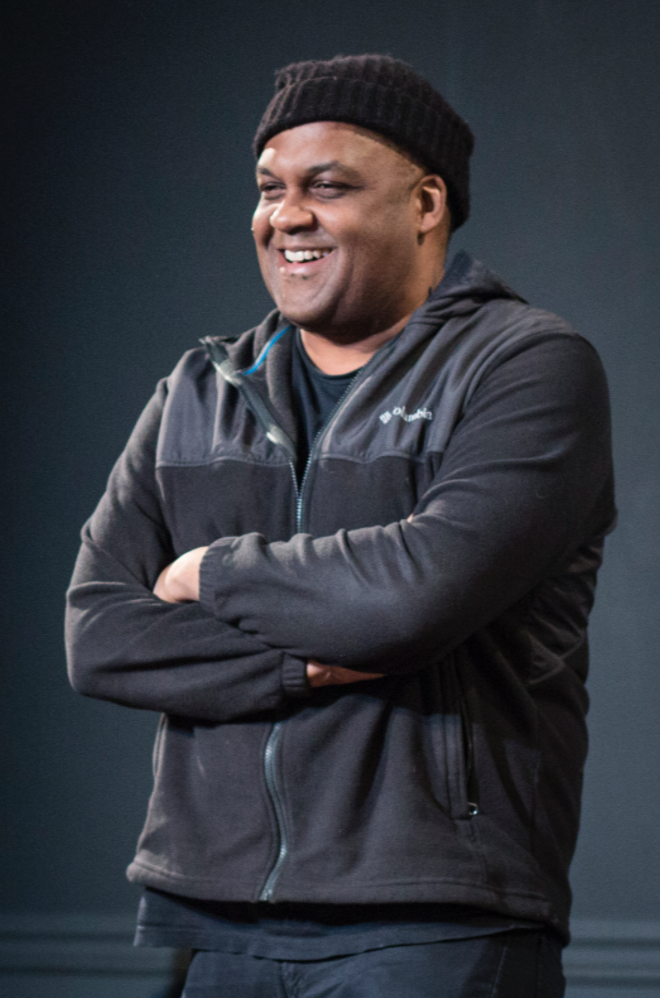The information and resources on this page are intended to help you prepare to make the case for making your organization more sustainable. Modules include: 101 of Climate Change, Theatre & Climate Crisis, Framing the Conversation, The Why, Opportunities, Worksheets (Climate Change in Your Community, Sustainable Policy, Sustainable Action Plan).
This section is a collaboration of the Sustainable Production Toolkit and BGA.
“We can make a difference.
Artists, playwrights, actors—we can be the spearhead of a movement to reignite and reunite our people’s positive energy for a political and social change that is reflective of our spiritual truths rather than economic fallacies….
What we do now becomes history by which our grandchildren will judge us.”
Environmental Justice is Racial Justice
Climate change disproportionately affects poor people and communities of color across the globe.
As of 2016, more than 90% of air pollution-related deaths occurred in low- and middle-income countries (Air pollution hurts the poorest most).
In the United States, Black Americans have a 54% higher health burden compared to the overall population; non-White communities overall have a 28% higher health burden; and those living below the poverty line have a 35% higher burden (EPA scientists find black communities disproportionately hit by pollution).
The biggest polluters in the US are overwhelmingly located in poor, non-White areas (If You’re a Minority and Poor, You’re More Likely to Live Near a Toxic Waste Site).
First Nations have long been stewards of the land and we acknowledge their leadership in fighting climate change.
Interconnected Crisis
Our industry faces severe social and economic impacts of COVID-19. Theatre makers are also engaged in a much-needed reckoning with systemic racism. Alongside the global pandemic and the legacy of white supremacy looms another destabilizing reality: climate change.
These three crises are not a coincidence: they are deeply interconnected. Their confluence at this moment demands that we re-examine our “business as usual” and embrace new responsibilities—and opportunities—as we look forward.
This is a guide with concrete tools and best practices for prioritizing the intertwined needs for greater environmental, social, and economic sustainability in our industry. Our focus here is on environmental sustainability tools, especially for design and production, but we recognize the need for a broader conversation and invite the creativity and wisdom of our colleagues across the country in re-imagining American Theatre.
Keep reading below for Climate Change and Environmental Justice 101 resources, including videos, trainings, presentations, readings, and curated Instagram accounts for continued learning.
Climate Change & Environmental Justice 101
Videos & Trainings:
Environmental Science, Health, & Justice
Readings & Resources:
Downloadable Presentations:
10-Minute Presentation on the Climate Crisis
10-Minute Presentation on Climate Restoration
Instagram Accounts for Future Learning:
Why Us: What Does Theatre Have to Do With the Climate Crisis?
As theatre artists, we are uniquely situated to use our skills to lead the conversation around climate solutions and to take action itself:
Theatre makers are storytellers and creative problem-solvers - presenting complex ideas in digestible and engaging ways.
Theatre makers are able to engender empathy, build resilience, and empower audiences and colleagues to act on urgent matters.
Theatre is vast, has an environmental footprint, and has a powerful platform. According to the Theatre Communications Group 2018 Theatre Facts, the U.S. non-for-profit professional theatre field produced 170,000 performances of 21,000 productions in 2018 alone; for-profit and academic theatres produced thousands more.
Environmental Impacts of Theatre
A 2016-2017 study done by Barnard College Department of Theatre and Gotham 360 clearly illustrates this in their assessment of the carbon emissions for their production of Some Hero as compared to emissions of an average American home per month. When utilizing “all new” design elements, the carbon emissions equaled that of twelve American homes whereas “all used” materials resulted in one and a half homes.
The Why: Sustainability in Theatre is…
Justice and Equity: Smart sustainability measures support racial equity, EDIA, anti-racism, wage parity, public health and safer working conditions.
Promoting a Positive Legacy: through environmental stewardship, carbon neutrality, and a regenerative relationship with land, resources and community.
An Investment in Well-being: of the staff, artists, community and organization. Re-imagining past practices and productions in a way that is productive and proactive.
A Culture: Community building rooted in compassion, creativity and curiosity generates deeper collaboration and innovation.
A Core Value: A just and thriving community and environment = planetary health
A Lens for Leadership: Finding new and innovative ways to produce diverse programming, engage with the community and model social change through the arts.
From Vision to Habits
Old habits die hard. Try to build in structural “reminders” using these principles and worksheets to help build new patterns and routines.
Create internal accountability:
Set sustainability expectations in contracts of guest artists
Include sustainable goals in employee performance reviews
Keep track:
Find measurable ways to track progress and impact, both quantitative and qualitative
Go public:
Share your goals, data, and accomplishments in programs and marketing materials
Worksheets:
Framing the Conversation
Mission: Review your organization’s mission statement
Align: Align your mission and your Human, Environmental, and Financial sustainability goals
Identify: Identify potential champions or sustainability stewards within your organization
Include: Include many diverse voices in the process of setting priorities and goals, even people who seem peripherally impacted
Plan: Make a clear plan to achieve your goals
Think Big & Start Small
Think Big:
Identify a few strategies that will have impact, that touch on your mission, and that address big sources of emissions
Work with senior leadership to show clear support from the top
And
Start Small:
Pilot programs are a low-risk way to test ideas, collect data, generate enthusiasm, and “de-risk” an idea
Start with 1-2 projects that are manageable, but connected to the big-picture mission-based ideas you have identified
Making the Case Authors & Process
From September - December 2020, a group of thought-leaders from across the country joined together as part of a Leadership Task Force to develop sustainability modules. This Task Force and the subsequent modules were the result of a collaboration between the Broadway Green Alliance and the Sustainable Production Toolkit (Mike Banta, Lauren Gaston, Sandra Goldmark, and Edward T. Morris).
This document was written by and for the regional, non-profit, and academic theatre community and, as such, provides many recommendations specific to those forms. However, the recommendations are applicable to theatre makers and artists in any location. We suggest readers seek out local, comparable alternatives and reach out to the Broadway Green Alliance for assistance or to share suggestions.
We welcome your feedback, recommendations, and thoughts. Please email questions and suggestions to the BGA.
Task Force Members:
Mike Banta, Sarah Bartlo Chaplin, Devon Berkshire, Molly Braverman, Kimberly Butler-Gilkeson, Zinarta Judea Cruse, Charlie Deull, Krissy Dove, Ian Garrett, Lauren Gaston, Napoleon Gladney, Sandra Goldmark, Branden Huldeen, Katie Liberman, Lauren Mandras, Davis McCallum, Edward T. Morris, Dominic Taylor, Donya Washington, Sarah Williams
